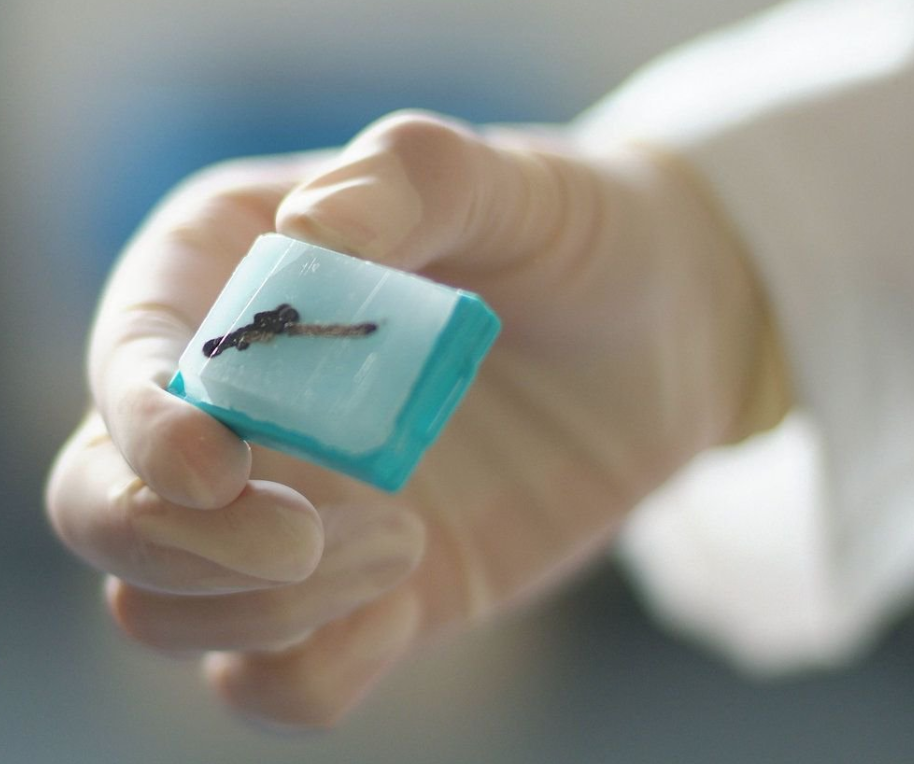Paraffin-embedded tissue blocks are a type of preserved tissue that is made from the frozen tissues of a live animal. They are used to study how the tissues function and to study diseases. The blocks are cut into small pieces and then studied under a microscope. If you’re looking for a way to preserve delicate tissue samples for future study or research, paraffin- embedded tissue blocks could be a great option.

They are a popular choice because they offer many benefits over other types of procedures:
One of the benefits of paraffin-embedded tissue blocks is that they are less invasive than other types of medical procedures. This means that they can be used in cases where other procedures would not be suitable or would be too invasive. Additionally, paraffin-embedded tissue blocks do not require surgery, which makes them an attractive option for patients who are uncomfortable with surgery.
Another benefit of paraffin-embedded tissue blocks is that they offer a high degree of accuracy. This is due to the fact that the tissue block is fully encased in paraffin wax. This means that the block will remain intact during the procedure and will not deteriorate as quickly as other types of tissue blocks. In addition, this high degree of accuracy results in a higher level of accuracy when performing surgical procedures on the block.
Overall, paraffin-embedded tissue blocks are a popular choice because they offer many benefits over other types of medical procedures. They are less invasive, offer a high degree of accuracy, and are generally less expensive than other types of tissue blocks.